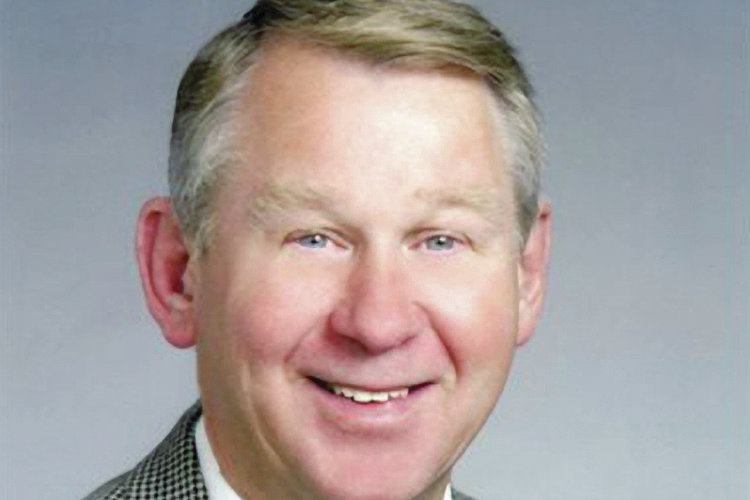Yesterday, the California legislature passed a bill to codify a recent California Supreme Court decision that upended independent contractor law last year.
In 2018, the California Supreme Court significantly narrowed the definition of an independent contractor by changing how to determine if an individual qualifies. In Dynamex Operations West Inc. vs. Superior Court, it established a so-called ABC test whereby they must meet all three criteria in the test: They control their own work; they perform work outside the company’s usual course of business; and are engaged in an independently established trade, occupation or business.
Criteria B and C pose the toughest hurdles for pool/spa companies. For B, the court posed the following question: Does the worker perform work that is outside the usual course of the hiring entity’s business?
The decision left companies spinning, worried the test would apply retroactively if a worker were to file a complaint, since it came down through a court decision as opposed to legislation.
This legislative session, Assembly Bill 5 was introduced to make the ABC test a matter of statute. The bill passed the legislature yesterday, but after an amendment was added that the California Pool and Spa Association said should help industry builders and some pool/spa service companies.
After the legislation was introduced, several industries kicked into gear to seek exemptions. This included construction industries and the CPSA. Before the bill was passed, the Senate added an amendment that would grant an exemption to the construction industry. This meant that, when assessing subcontractors, general contractors could revert back to the Borello test that had been used for decades before –- if they meet seven criteria:
1. The subcontract must be in writing.
2. The subcontractor must hold a license from the Contractors State License Board that covers the work in the contract.
3. The subcontractor must hold any business licenses or business tax registrations, if any, that are required in their jurisdiction.
4. The subcontractor must have its own business location.
5. The subcontractor must have the authority to hire and to fire.
6. The subcontractor must assumes financial responsibility for the work.
7. The subcontractor is customarily engaged in an independently established business of the same nature as that involved in the work performed.
Pool/spa service companies may be helped by another amendment, although it is less clear exactly how. The exemption applies to referral agencies that connect service providers with clients. It is known that the subcontracting company must be licensed as a D-35 Pool and Spa Maintenance Contractor, and that the work must be performed in the name of the service provider, not the referral entity.
At this point, the CPSA believes this amendment will be most helpful to companies that are licensed to perform more than service work, who subcontract with D-35 license holders. “From our standpoint, it makes sense to try to get more of our people licensed as professionals,” said John Norwood, CPSA’s director of government relations. “I think in the long run, that would be an easier way to go.”
In these cases, the following must be in place:
1. The service provider is not controlled by the referral agency in terms of the work for the client.
2. The service provider holds any applicable business licenses or business tax registrations.
3. The service provider has any state contractors licenses that apply to the work.
4. The service provider delivers services to the client under its own name, not the referral agency’s.
5. The service provider uses its own tools and supplies.
6. The service provider is customarily engaged in an independently established business of the same nature as that involved in the work performed for the client.
7. The service provider has a client base separate from the referral agency and can seek work where it pleases.
8. The service provider sets its own hours and terms of work and decides whether is to accept clients and contracts.
9. The service provider sets its own rates, with no deduction by the referral agency.
10. The service provider is not penalized for rejecting clients or contracts.
Companies such as Uber and Lyft did not get an exemption. They have vowed to seek exemptions through ballot initiative.
Newsom has until Oct. 13 to sign the bill. If he does, it goes into effect Jan. 1.




